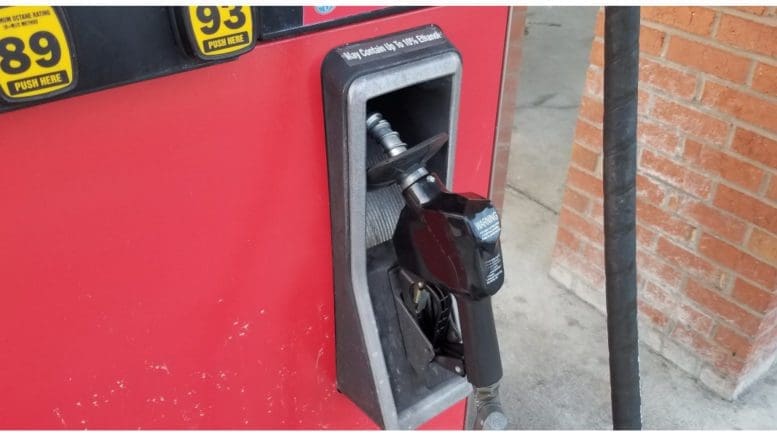According to AAA’s weekly report, gasoline prices in Georgia fell four cents over the past week, reaching an average cost of $2.70 per gallon for regular unleaded, and running counter to the national trend, which showed a slight rise.
Georgia gasoline prices are significantly lower than the national average, at least in part due to the suspension of the gasoline tax ordered by Gov. Brian Kemp. That suspension is expected to expire Wednesday evening, October 16.
“Hurricane Milton caused chaos on Florida shores; fortunately, pump prices continued their downward trend in Georgia,” said Montrae Waiters, AAA-The Auto Club Group spokeswoman. “In the interim, crude oil prices increased due to the ongoing conflict in the Middle East. Normally, this would cause gas prices to rise; however, because the dollar’s strength has weighed on oil prices, the increase in gas prices was kept at bay.”
What will you learn by reading below?
- How do prices in Cobb County compare to the rest of the state
- What are the national trends in gasoline prices?
- What causes fluctuations in gasoline prices?
- How does AAA arrive at its price estimates?
Gasoline prices in Cobb County
The price of a gallon of regular unleaded in Cobb County as of this morning is $2.677, roughly two cents less than the statewide average. This is unusual, as Cobb prices usually exceed the statewide average.
It is always possible to find lower gas prices than the average by comparison shopping or using tools like http://gasbuddy.com.
What are the national trends?
AAA’s weekly report stated the following about national gas and oil trends:
Pump Prices Shifted Higher as Hurricane Milton Wreaked Havoc
Since last Monday, the national average for a gallon of regular gasoline increased by 2 cents to $3.20 (subject to change overnight). Like Hurricane Helene, Milton did not severely impact national gasoline supplies but did affect demand in areas with destroyed infrastructure, flooded roads, and power outages. Overseas, the tension between Iran and Israel continues, which is causing a slow wobbling in the price of oil but no steady upward movement.
According to new data from the Energy Information Administration (EIA), gas demand surged from 8.52 million barrels a day last week to 9.65. Meanwhile, total domestic gasoline stocks plunged from 221.2 million barrels to 214.9, while gasoline production increased last week, averaging 10.2 million barrels daily.
What causes fluctuations in gasoline prices?
According to the U.S. Energy Information Administration (EIA), the price of crude oil is the main factor affecting the price of gasoline.
“Strong and increasing demand for gasoline and other petroleum products in the United States and the rest of the world can place intense pressure on available supplies,” the EIA website states.
According to the EIA, other factors that can affect prices include” disruptions in crude oil supplies, refinery operations, or gasoline pipeline deliveries.”
There are also seasonal changes in demand that cause price fluctuations throughout the year.
For more information on the price considerations for crude oil and gasoline, visit the EIA website.
How does AAA determine gas prices?
According to AAA:
“AAA updates fuel price averages daily at www.GasPrices.AAA.com. Every day up to 130,000 stations are surveyed based on credit card swipes and direct feeds in cooperation with the Oil Price Information Service (OPIS) and Wright Express for unmatched statistical reliability.
“All average retail prices in this report are for a gallon of regular, unleaded gasoline.”
